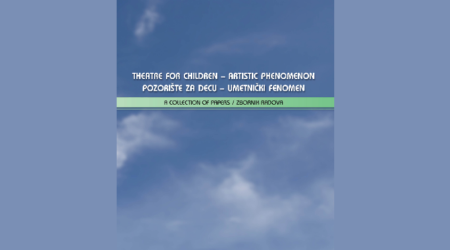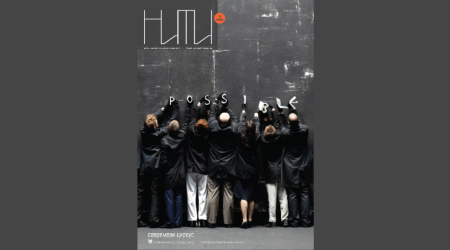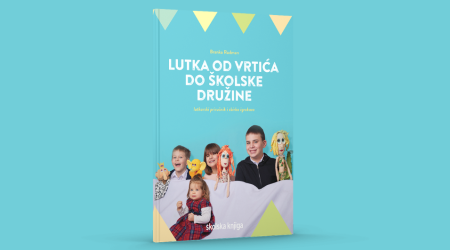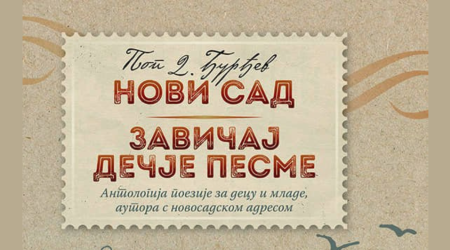Archived
Laboratory of Puppetry - Biennial of Yugoslav Puppetry, Bugojno 1979 - 1989
Back to...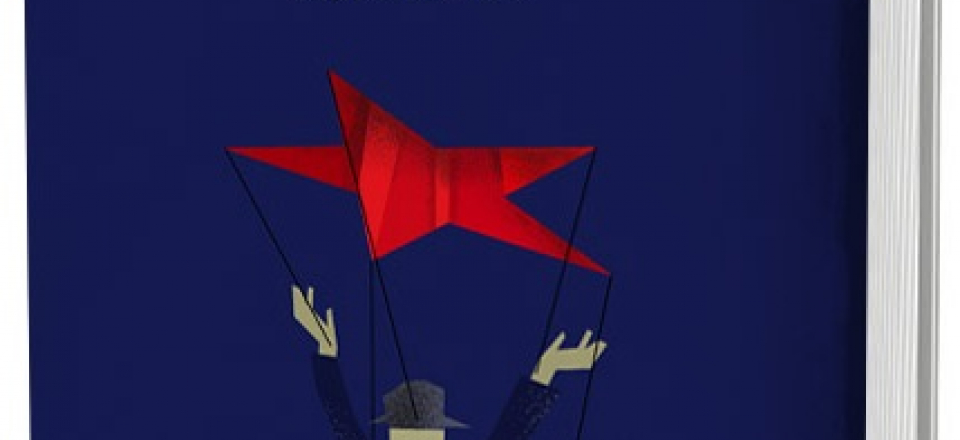
Vahid Duraković
"Laboratory of Puppetry - Biennial of Yugoslav Puppetry, Bugojno 1979 - 1989"
Museum of Literature and Theater Art of Bosnia and Herzegovina, Sarajevo 2019.
Some people wrote about the book:
"Laboratory of Puppetry - Biennial of Yugoslav Puppetry, Bugojno 1979-1989 by Vahid Duraković can be viewed as a cultural significance, a historical and specialist study of puppetry and as a theatrical rariter of BH publishing ...
The focus of the Laboratory of Puppetry is placed on the theatrical analysis of puppetry art. In addition to the theatrography of all six Biennials, the author deals with expert questioning of artistic and theatrically relevant achievements in puppetry, creative power of the festival, creative potency of artists (writers, directors, artists and actors), as well as the overall contribution of these puppet laboratories to the construction of the Yugoslav puppet theaters’ artistic dignity.
In the chapter From Karadžoz to the Puppet Republic, Duraković deals with the historical analysis of puppetry in the former Yugoslavia, and in this study he manages to combine historical facts, using published articles from magazines and occasional catalogs, and materials related to study interviews, mostly from former Yugoslav republics putting them in the context of European puppetry. The author notices three basic phases of puppetry development that preceded and predisposed the establishment of the Biennale. In the first he writes about puppetry as a form, a puppet that was part of folk plays from the 19th century to 40s of the 20th century, in the second he accepts the importance of founding puppet institutional theaters after World War II and the emergence of regional puppet gatherings and the repertoire orientation of puppet theaters, which was visibly influenced by Eastern European puppetry and detects the creative problems of puppeteers primarily due to the lack of educated staff.
As one of the Biennale’s intentions, and one of the conditions for participation in the festival, was the national puppet text affirmation. Duraković dedicates one chapter to the analysis of puppet dramaturgy. Referring to the historical context, the author introduces us to the scope of originally written puppet texts, points to writers who are showing increasing interest in puppet theater, and concludes that the emergence of original texts directly influence the research of new puppet forms and contribute to quality repertoire progression as an authentic puppet expression.
Finally, it should be emphasized that this is a unique book in our country and even in the region because, in addition to contributing to the culture of memory, it is a theatrical rarity from the aspect of scientific approach, a study that uses documents and reconstruction, valorizes and concludes all the specifics and artistic achievements in puppetry."
Dubravka Zrnčić-Kulenović, Sarajevo 2019
"The study, above all, is characterized by a scientific approach to matter, which sets it apart from mere memories of past times. It definitely places in one historical shelf what had to be placed there and record it as a matter amenable to future theatrical research. Perhaps the most valuable contribution to the history of our theater after the excellent research by prof. Josip Lešić, the founder of the history of Bosnian Theater."
Strajo Krsmanović, Sarajevo 2019
"Vahid Duraković's book is a valuable record of the Biennale’s significance for the development and encouragement of puppetry at that time in the common state. The work of this monograph’s author deserves great recognition, since the war at the end of the 20th century destroyed many valuable archives, hence Association of Professional Theaters of BiH no longer exists and all archives have disappeared.
Thanks to the author, the book now collects data through content analysis and comparison of events over ten years, shows the significant influence of the Biennale on the development of puppetry in Yugoslavia according to contemporary theatrical expression. The content of the book complements the condensed overview of puppetry in these areas before the Biennale, proving through the material the positive influence of the Biennale on the position of puppetry as an integral part of theatrical culture of the entire territory of former state. An unavoidable document for all professional puppet theaters of the former Yugoslavia!"
Edi Majaron, Ljubljana, May 2020.


